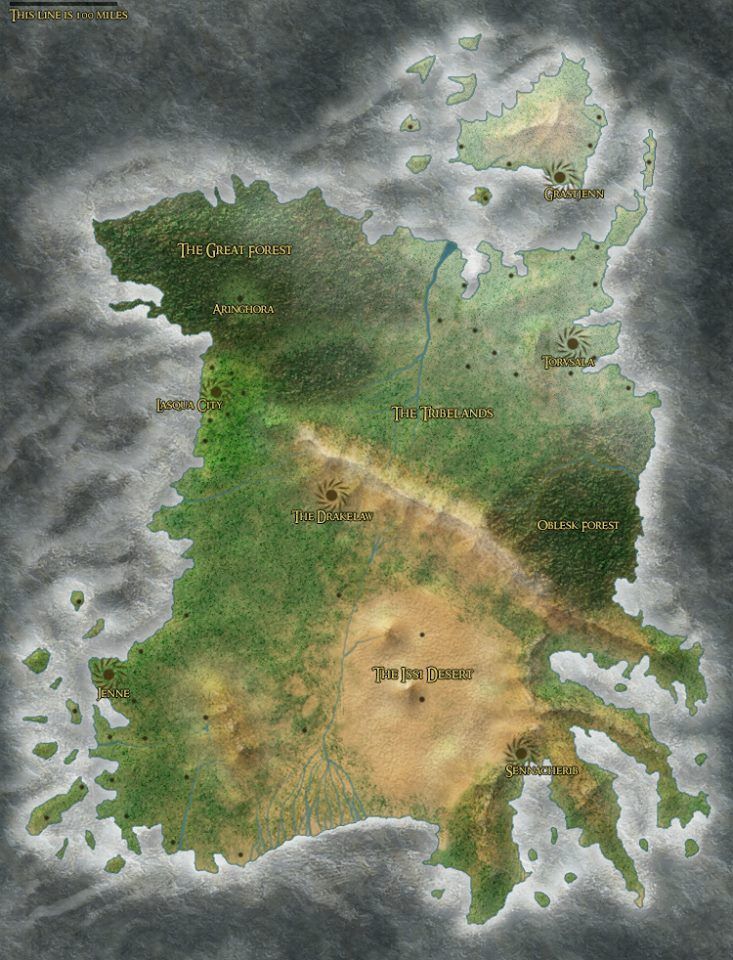Snoring Rock
Explorer
My first thought, as I start this campaign, is that I want to place this ruined tower on a rocky coast line, with a sizable settlement nearby. The town/city can be the home base of the PC’s for their first several adventures. I can detail that area and then as they move out, I can detail more.
My problem is, I tend to understand all too well, how the world at large has effects on the details of the insignificant corners of the world. I feel compelled to detail the larger area; what deities are worshipped (you need this for clerics anyway), what kingdom are you part of, and where are the power centers of this kingdom?
Back when I was young and lacked experience, none of that really mattered. Now if kind of does. It is funny because I have stuck to the Judge Guild Wilderlands, which is a maze of mixed up city states that make no sense at all, and have no true boundaries. As I think about it, I rarely refer to the campaign setting itself. I love the maps.
This campaign has to be something special. That is why I want to make it home brew. But yes, I must form it, give it history and breathe life into it. Is work or play?
My problem is, I tend to understand all too well, how the world at large has effects on the details of the insignificant corners of the world. I feel compelled to detail the larger area; what deities are worshipped (you need this for clerics anyway), what kingdom are you part of, and where are the power centers of this kingdom?
Back when I was young and lacked experience, none of that really mattered. Now if kind of does. It is funny because I have stuck to the Judge Guild Wilderlands, which is a maze of mixed up city states that make no sense at all, and have no true boundaries. As I think about it, I rarely refer to the campaign setting itself. I love the maps.
This campaign has to be something special. That is why I want to make it home brew. But yes, I must form it, give it history and breathe life into it. Is work or play?




